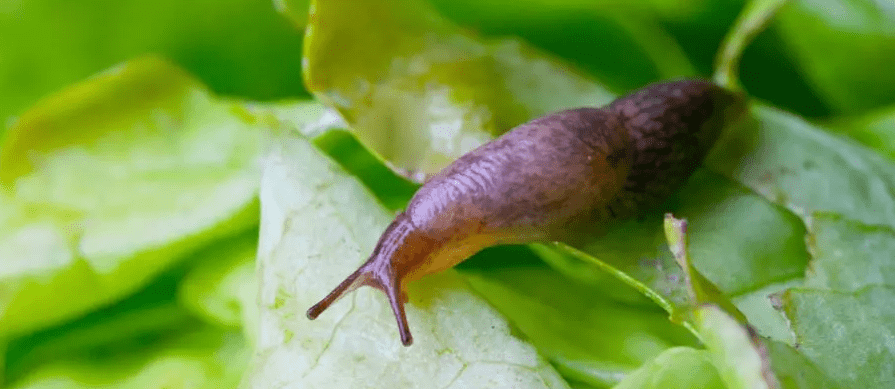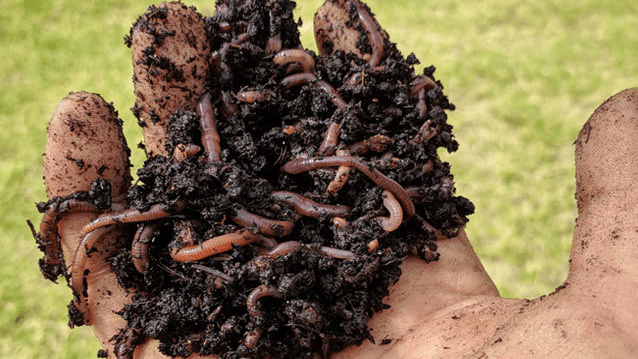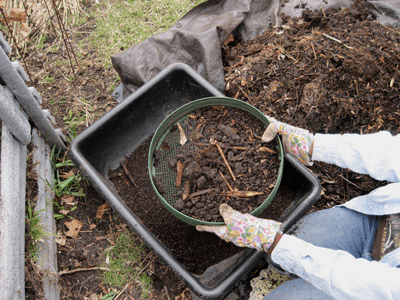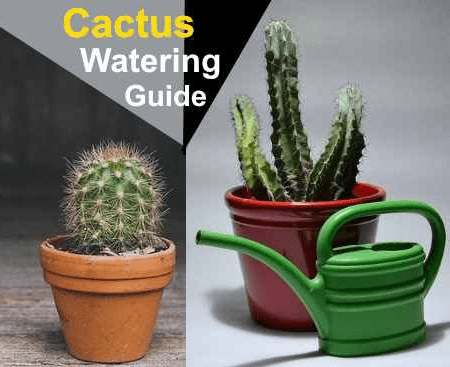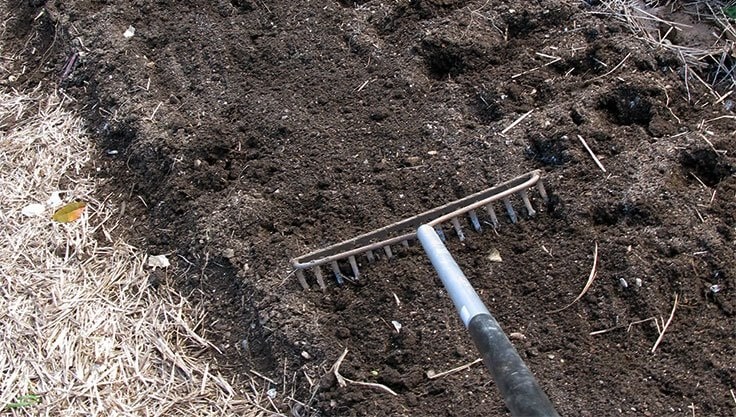That it is worth owning a worm bin is known to many (10 reasons why you should own a worm bin). For most, however, the worm compost and worm tea are the deciding factors that speak for an acquisition.
Contents
- 1 fertilizer worm humus
- 2 Is worm compost different from “normal” compost?
- 3 Yield and quality increasing effect of worm compost
- 4 Higher production of phytohormones
- 5 Phytosanitary effects of worm compost and worm tea
- 6 Reduced pest pressure
- 7 Increased water storage capacity
- 8 Higher content of flavor-giving ingredients
- 9 Faster germination and juvenile development of young plants.
- 10 Is compost pile also a worm composter?
- 11 Author
fertilizer worm humus
Almost everyone knows that earthworms play an important role regarding soil aeration. Few, however, know the important comrades-in-arms that come to the worms’ aid. A digestive tract populated with bacteria, protozoa, fungi and nematodes is crucial for the production of valuable worm humus. Since worms do not have teeth, microorganisms, mites and many more outside the worm also help make the biomass available to the worms. But what exactly makes worm humus so special? Is worm compost better than compost?
Is worm compost different from “normal” compost?
Worm compost and worm tea, like commercial compost from a composting plant, have optimal fertilizing properties. However, the total nutrient content of worm compost is higher than that of “normal” compost. Nutrient availability is also significantly improved due to the digestion of the compost worms. In general, however, it should be noted that the properties of the miracle manure depend on the material fed. The more diverse, the better is the motto!
Higher nutrient contents (nitrogen, phosphorus, ammonium, nitrate, etc.) in worm compost
Argentine researchers conducted a four-month trial in which municipal organic waste was separated and composted by hand. One sample was inoculated with worms, the other was not. As another comparison, continuous worm composting was conducted in a home garden. The trial lasted 4 months and yielded the following results:
| Parameter | Municipal compost | Municipal worm compost | Home garden compost with compost worms |
| Total nutrient content (g/kg) | |||
| N (nitrogen) | 8,6 | 10,8 | 8,5 |
| P (Phospor) | 4,8 | 7 | 6,2 |
| K (potassium) | 5,3 | 5,6 | 8,2 |
| Nutrients available (g/kg) | |||
| NH4+ (ammonium) | 7,3 | 25,2 | 7,1 |
| NO3- (nitrate) | 90 | 203 | 527 |
| replaceable phosphorus | 127 | 207 | 247 |
| C/N (carbon to nitrogen ratio) | 11,7 | 11,1 | 12,4 |
| Biological quality criteria | |||
| Urease (mol NH4+/g/h) | 3,54 | 3,9 | 6,11 |
| BAA protease (mol NH+/g/h) | 0,31 | 0,96 | 1,83 |
| Phosphatase (mol PNP g/h) | 237 | 398 | 676 |
| Dehydrogenase (g INTF/g) | 193 | 123 | 77 |
| Biomass of microorganisms (g c/g) | 1147 | 703 | 335 |
Based on the experiment, it became clear that the nitrogen content in the municipal worm compost sample was significantly higher than in both other samples. Furthermore, the phosphorus content in the municipal worm compost was higher than in the “ordinary” compost. Available nutrients such as ammonium, nitrate and exchangeable phosphorus also recorded higher values. The total number of microorganisms is higher in municipal compost, but worm compost is shown to be ahead in terms of diversity of microorgamisms.
Yield and quality increasing effect of worm compost
In experiments with tomatoes, samples with worm compost and artificial fertilizer were compared. The result showed a significantly higher yield of marketable (= saleable) fruit in the worm compost samples. Similar trials were done with strawberries, showing up to 35% higher yield in the worm compost samples, than in the artificial fertilizer samples. Higher yields in terms of marketable fruit and dry weight per fruit were also obtained with peppers in the field by applying worm humus.
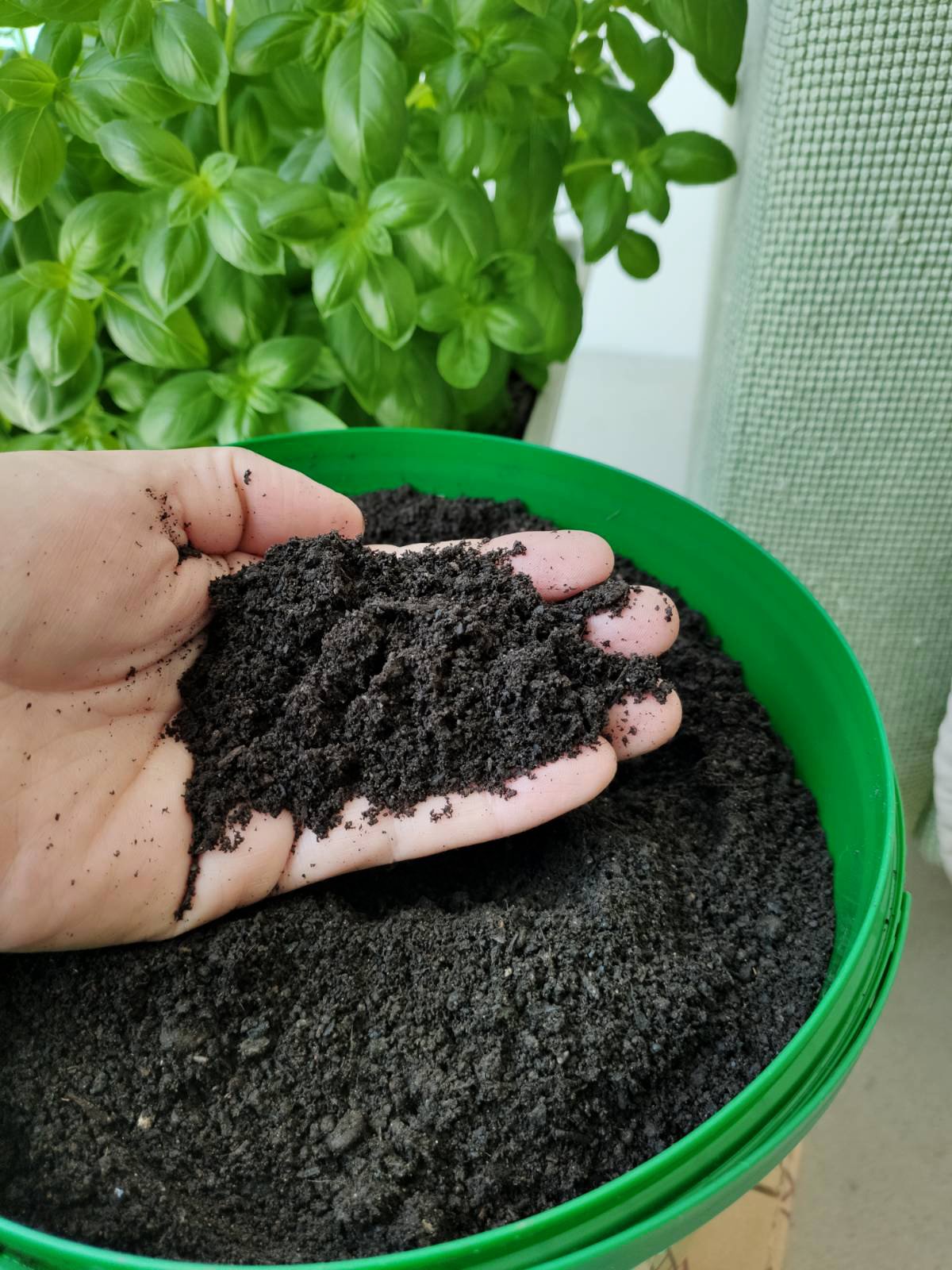
Higher production of phytohormones
Due to the accelerated microbial decomposition process associated with worm composting, the production of phytohormones is also higher than with “normal” compost. These phytohormones regulate plant growth and have positive effects on many plant species, their yields, root development and resistance. The combination of these phytohormones and the readily available nutrients of worm compost lead to positive results on the factors mentioned above.
Phytosanitary effects of worm compost and worm tea
Through experiments, positive effects in the suppression of plant diseases have also been observed. Pest infestation can also be influenced: For example, in samples with tomatoes, cabbage and peppers, the number of aphids, mealybugs and other pests could be reduced.
Furthermore, several studies show that there is an interaction between compost worms and microorganisms that has a negative effect on various pathogens. In the course of digestion, compost worms change the microbial species community in the compost and thus increase the emergence of those microorganisms that suppress pathogens – in short, the “good microorganisms” displace the “bad microorganisms”. Evidence has also been found of a decrease in plant pathogens and fungal germs due to the use of worm compost and worm tea.
Responsible for these phytosanitary properties, is the already mentioned high microbial diversity and activity of worm compost.
Reduced pest pressure
Earthworm humus also contains predatory nematodes that feed on those nematodes that eat plant roots. Worm compost can establish a stable diversity of different nematodes that are self-regulating.
Increased water storage capacity
A key characteristic is the high water-holding capacity of worm compost. This does not lose its “pourability” despite high moisture content, thus increasing the air capacity and stability of the soil. Worm humus – A soil conditioner that can be easily dosed.
Higher content of flavor-giving ingredients
While conventional vegetables often look very attractive from the outside, the inside and the taste are characterized by one word: “watery”. Studies show that plants that have been provided with worm compost form particularly high levels of ingredients and, as already mentioned above, contain more dry matter and phosphorus. Also an increased presence of vitamin C, fructose, glucose, magnesium, potassium and calcium could be proven.
Faster germination and juvenile development of young plants.
Worm box owners know the avocado and mango seed phenomenon: almost every seed in the box starts to germinate. Many experiments with worm humus dressed seeds or worm humus inoculated sowing soil proved that seeds germinated faster and young plants grew faster than comparison samples without worm compost.
Is compost pile also a worm composter?
Mostly yes. The presence of compost worms during the process is important for it to be called worm humus.
How much worm humus and worm tea is necessary for fertilizing?
The revitalizing effect of worm humus is not dependent on quantity, but acts like an inoculation that gradually improves the inoculated soil – Thanks to the multitude of soil organisms and nutrients! However, regular addition of worm compost leads to soils that achieve the above-mentioned properties more quickly. Since the worm humus, compared to conventional compost, can not “burn” the roots of plants, there is virtually no “too much”. Many people, whether researchers, gardeners, etc., swear by THEIR way of using it. However, as a rule of thumb, for example, with worm tea, dilute it 1:10 (1 part worm tea with 10 parts water) and use it as water for watering. Storage is also possible, but it should be noted that the activity of the microorganisms, and consequently the effect, decreases with time. Therefore: The faster used the better! It should also be mentioned that the amount of worm tea depends on many factors, such as the water content of the source material (watermelon gives more worm tea than carrot peels), location of the worm composter (too close to a heat source that promotes evaporation, etc) and much more.


